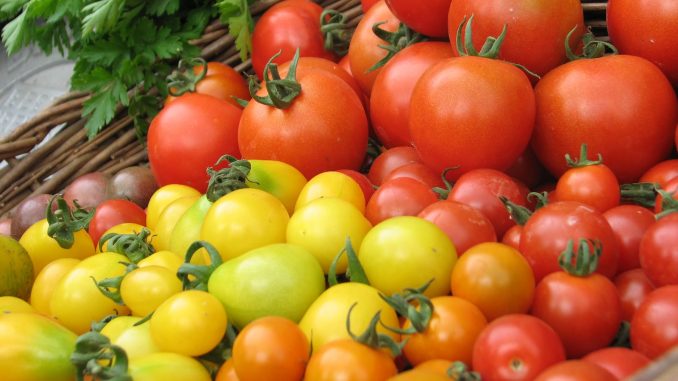
How is Organic Farming Both Better and Worse for the Climate?
How does some research find organic to be better for fighting climate change, and other research finds the opposite? An explainer. […]

How does some research find organic to be better for fighting climate change, and other research finds the opposite? An explainer. […]
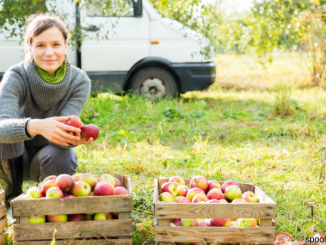
Hans Wetzels gets to grips with CAP and Poland, in particular how Polish farmers and Polish policy makers will adapt to likely changes, including a lower overall CAP budget. How the Nationalist party wins hearts and minds, Poland relates to EU subsidies and other EU countries, in particular France and Germany, and finally differences of opinion on organic farming’s productivity, feature in the final in this series. […]
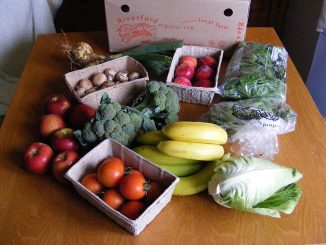
Organic agriculture is a productive form of agriculture delivering significantly higher public goods like soil fertility, biodiversity and better quality of surface and drinking water than conventional agriculture. Consequently, organic farming and other agro-ecological approaches have great potential to contribute to the achievement of sustainability goals at both domestic and international levels. […]
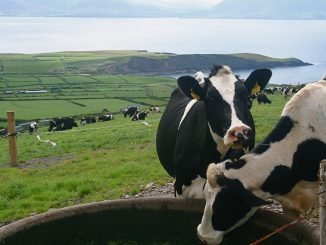
Like most EU Member States, Ireland periodically develops an action plan for its organic sector. There, a team of stakeholders, drawn from the conventional and organic sectors, as well as representatives of the Irish state’s Department of Agriculture, have developed the Organic Action Plan for Ireland, 2019-2025. Ireland has among the very lowest number of organic farmers, and organic land area, in European organics. So what difference will this plan make? […]

The rules imposed on conventional agriculture, in some significant cases, make organic and conventional more alike. However organic is also spawning more radical alternatives, alternatives like biological or regenerative farming, which seem to have all the movement momentum, while eschewing certification – throwing out the biodynamic baby with the bureaucratic bathwater? […]
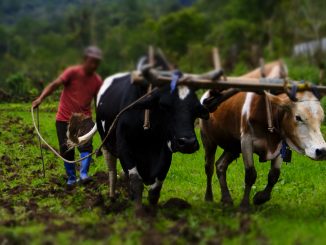
The Kingdom of Bhutan is best known for its high national happiness levels, gorgeous Buddhist monasteries, untouched forests and nature protection areas. Lesser known is that fifteen years ago, the small country in the Himalayan Mountains pledged a shift to total organic food production. ARC2020’s Hannes Lorenzen reports on the innovative entrepreneurs spearheading this transition. […]
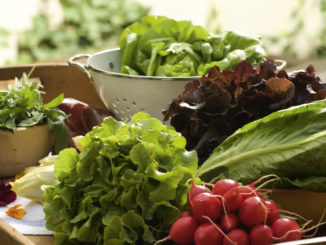
Cancer is an emotive topic, so when a team of French researchers say a higher frequency of organic food consumption was associated with a reduced risk of cancer people will inevitably take note – and try to take apart the study. Meanwhile, Roundup, a tool of conventional farming and land management is in the dock – and loosing – over it relationship with cancer. Oliver Moore reports, adding some broader and historical context. […]
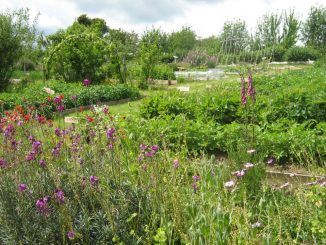
With Ireland edging towards reopening its organic farming scheme – closed since 2015 to new entrants, and closed in 2014 for a year too too – the context of organic farming within the overall agri-food sector is worth exploring. What would it mean for Irish agriculture in general to have a bigger, more vibrant organic sector? Particular attention is paid to the public goods of biodiversity and water quality. […]
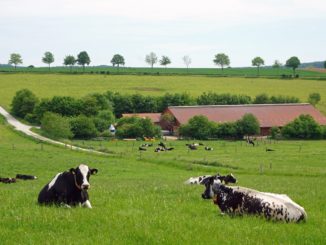
Sebastian Lakner examines what the new German coalition government has in store for agricultural and rural policy – is it a coherent document, or simply all things to all people? […]
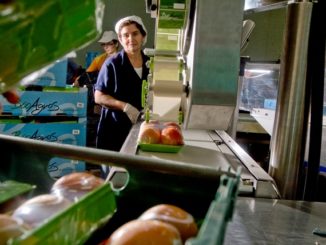
A preliminary agreement has been reached after 20 months of trilogue negotiations between EU Commission, Council of Ministers and European Parliament for a new organic regulation. The main outstanding issues, which delayed agreement for so long have either been settled or deferred. Here’s what this means. […]
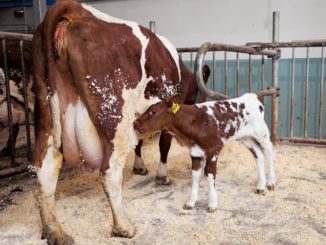
The organic dairy sector in France has significant differences – but also some commonalities – with the conventional dairy sector. Rising consumer demand, producer organisations, and regional feed crop supply are among the differences – as is the decoupling of organic and conventional prices. […]
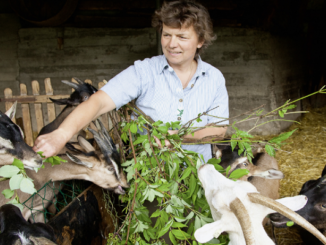
When considering sustainability – and not just yield – how does organic farming compare to conventional? Recently published research, encompassing 40 years of studies, points to organic outperforming conventional in nearly all areas. But will this mean better support for organic farming in the CAP? […]
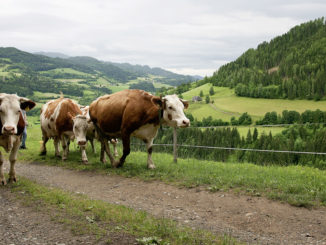
Two More Meta Analysis finds Organic to be Nutritionally Superior to Conventional – the same team for similarly for crops in 2014. […]

The fight to save Kishantos takes an interesting turn… […]
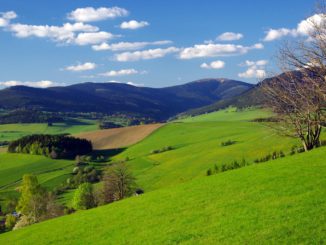
Czech Republic is the European Union country with the highest share of arable land, around 38% of its surface. Despite this fact, recent trends give clear evidence for an enormous decrease of agricultural land due to the expansion of urbanization and industrialization plans across the country. However the reformed Common Agricultural Policy (CAP) of the European Union (EU) could potentially push Czech Republic to promote an environmentally and socially sustainable agriculture. The process of land degradation in Czech Republic has its roots in the agricultural land expropriations of the 1950s done by the communist regime. During that time agricultural policy focused mostly on the large-scale consolidation of farmlands as well as on highly intensive methods of production through the use of agrochemicals without consideration of potential environmental risks. In light of the „Velvet revolution“ in 1989 the political and economic changes gave rise various agricultural currents, from agroindustry to organic farming. Already in 1990 the Ministry for Agriculture established its own department for „alternative agriculture“, handing out Governmental support in form of direct subsidies to […]
Agricultural and Rural Convention